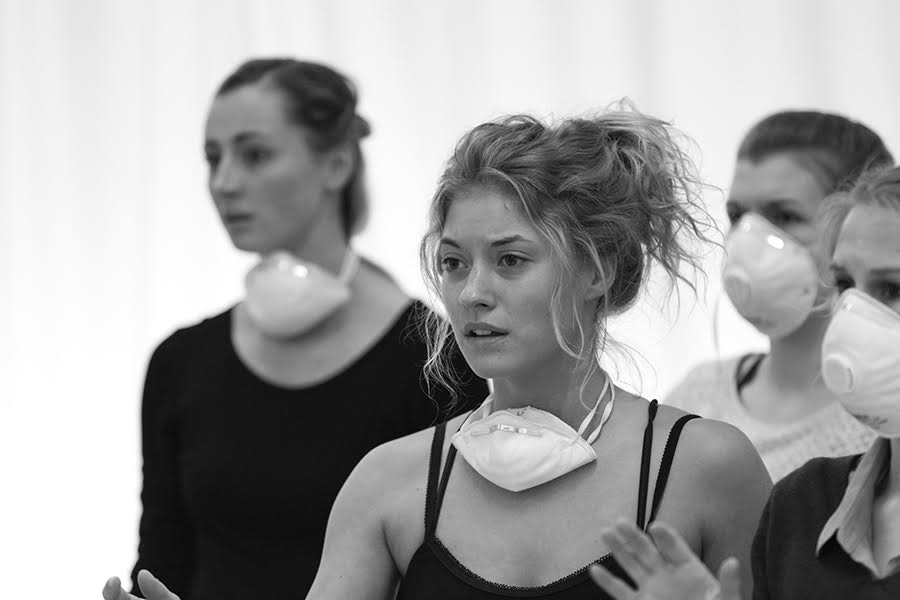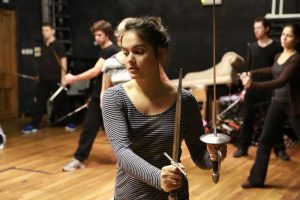

‘Tis the season … to be applying to drama school if working as a performing arts professional is your career plan. Well, on the assumption that you may be still at school or not long left, here are ten things you should know before you go any further.
1.Let’s get the obvious one out of the way first. Yes, unemployment rates are famously – notoriously – high among professional performers. So you need an alternative way of paying the bills to tide you over the quiet times. Get a drama teaching qualification so you can run, for example, after school clubs. Qualify as a life guard or tennis coach. Get a driving licence so that you can drive taxis – or whatever.
2.Don’t assume that the only drama school your granny has heard of is necessarily the best for you. It’s a wide field and different schools suit different people and their talents. Sometimes a newer school is better than an older one or a small one better than a large, for example.
3.Teaching performance is a different skill from performing. Nonetheless, in a good training organisation, staff should have current or very recent hands-on experience of the skills they’re trying to develop in you. This industry changes rapidly and continuously. You don’t want to spend costly three years being fed out of date information and ideas.
4.There is no longer a unified accreditation process for drama schools since Drama UK folded earlier this year. So you have to research, ask the right questions and be as informed as you possibly can in order to make the right choices. The key question is: What are the graduates of the last three years doing now? And if the school can’t answer that question in detail, then strike it off your list and apply to a different one.
5.Some drama schools – East 15, GSA and BSA for example – have merged with universities which sometimes mean less autonomy than they enjoyed when they were independent although it often means that they have state of the art buildings so there are pros and cons. You cannot train properly in less than 30 hours a week classroom time with tutors which is a very different requirement from most university subjects. Make absolutely sure that this is the deal at any school you apply to.
6.Drama school discipline is very different from 6th form or college. Typically your classes will start punctually at 9.00 and you won’t be admitted – often for the whole day which means you are letting down everyone in your group – if you’re more than five minutes late. And you will probably be required to wear a uniform (black, loose etc) and to have your hair tied back.
7.Drama training is physically very hard work. You’re in training, using your muscles all the time and you need to keep yourself as fit as you can. Ideally start now by ditching the junk food, reconsidering your relationship with alcohol and tobacco and getting regular, ample sleep.
8.There’s a lot more to working in theatre, film or TV than acting, singing and dancing. There are skills shortages in many aspects of technical theatre and the bigger schools all have substantial technical theatre departments. Are you really sure you want to tread those precarious boards? There’s good money – and loads of theatre buzz – to be found in, for instance, stage management, costume, make-up, lighting or scenic construction.
9.Drama School is not, definitely not, just for “posh kids”. You know – those lads from Eton the press constantly lists. When I visit drama school I’m always told about the eclectic cultural and socio-economic mix of the students. Many schools have bursaries and other support mechanisms to enable students from less well off backgrounds to train and RADA gives a free midday meal to over half its students.
10.Drama School develops a wide range of skills including communication, teamwork, analysis, confidence and much more. It set you up for life as well as for a performance career. Remember that – even if your career doesn’t pan out as you hope now – nothing is lost. Everything you’ve have learned and learned to do is transferable. You can assure your parents that whatever happens in the future you will be employable.